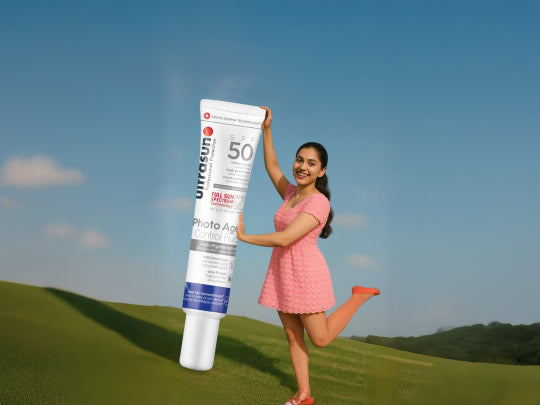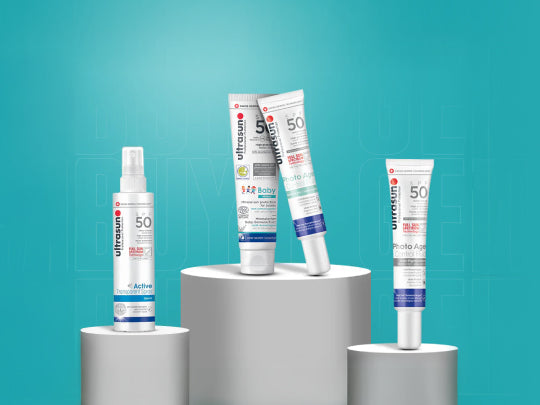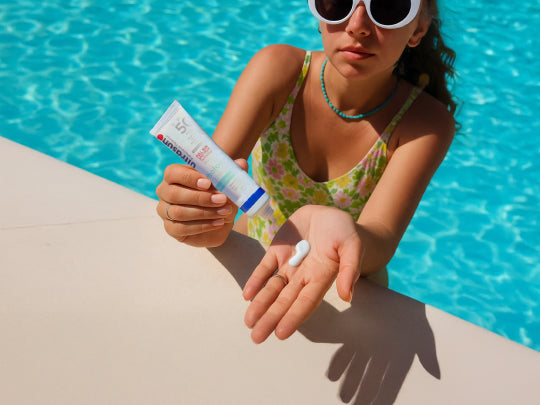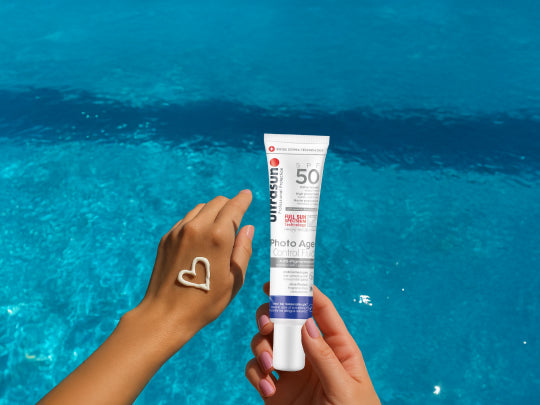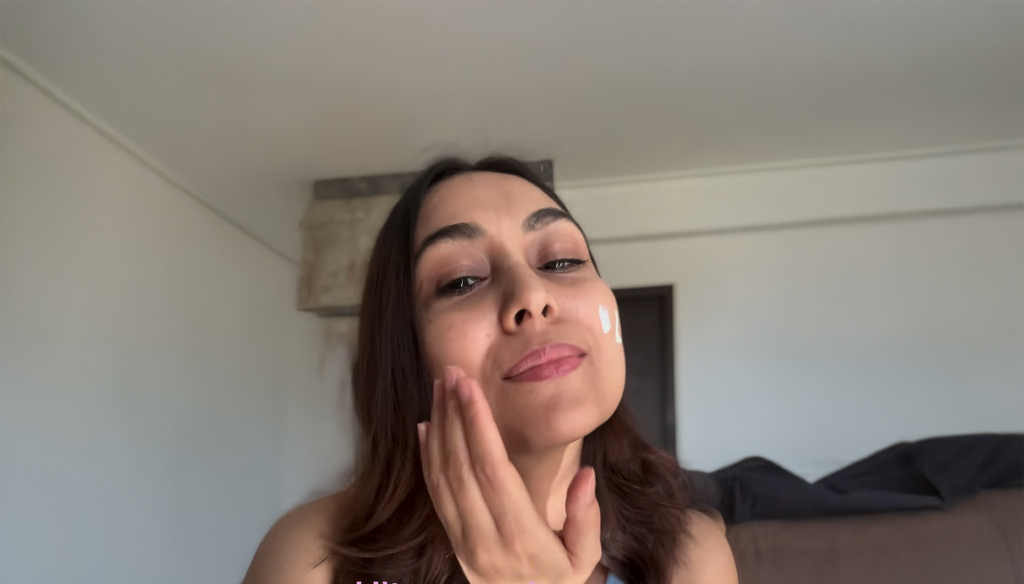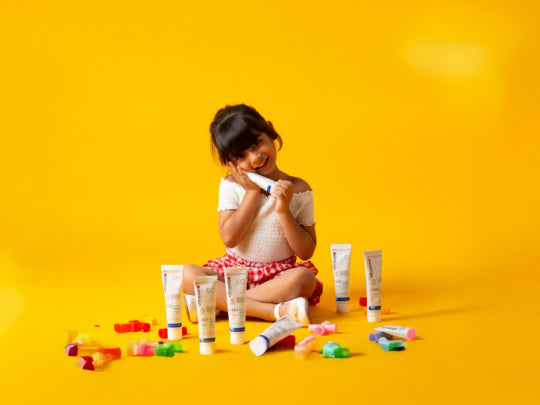1. Understanding the Challenges of Acne-Prone Skin
Acne-prone skin can be both frustrating and challenging to manage. Those who suffer from regular breakouts often deal with more than just pimples. Persistent acne often leaves behind unsightly dark spots, also known as post-inflammatory hyperpigmentation (PIH). These spots can linger for weeks or even months, making the skin appear uneven and dull.
For acne-prone skin, finding products that don’t aggravate breakouts while also addressing the problem of dark spots can be tough. This type of skin requires special care. Harsh ingredients can irritate it, causing more inflammation, while clogged pores only lead to more breakouts. Furthermore, for people dealing with acne and dark spots simultaneously, a targeted skincare routine that both treats acne and fades hyperpigmentation is crucial.
2. Why Sunscreen is Essential for Acne-Prone Skin
Sunscreen is often overlooked in skincare routines, especially for those with oily or acne-prone skin, but it’s one of the most crucial steps in maintaining a clear complexion. Acne-prone skin is highly sensitive to UV radiation, and the sun can exacerbate both active acne and the dark spots it leaves behind. Without proper protection, UV rays stimulate excess melanin production, worsening pigmentation and slowing down the healing process of existing acne scars.
There’s also a pervasive myth that sunscreen can clog pores or make acne worse. However, modern formulations, especially those designed for acne-prone skin, are often non-comedogenic—meaning they don’t block pores or trigger breakouts. Instead, sunscreens like Ultrasun work to protect the skin from further sun damage while actively working to reduce acne and dark spots.
3. Ultrasun Sunscreen: A Game-Changer for Acne-Prone Skin
Ultrasun is no ordinary sunscreen. It is specifically formulated for those who struggle with both acne and dark spots, making it an ideal solution for this challenging skin type. One of the standout features of Ultrasun is its lightweight, non-greasy texture, which absorbs effortlessly into the skin without leaving behind a heavy or oily residue. This is essential for those with acne-prone skin who need something that won’t clog their pores or aggravate existing breakouts.
What sets Ultrasun apart are its key active ingredients. With zinc oxide as its mineral base, it provides broad-spectrum protection while also soothing inflamed skin. Zinc has natural anti-inflammatory properties, helping to calm acne and prevent future breakouts. Additionally, Skyntox contains antioxidants like niacinamide, which is known for reducing the appearance of dark spots and evening out skin tone over time. This unique combination ensures that your skin is not only protected from the sun but also actively treated to reduce hyperpigmentation and control acne.
The science behind Ultrasun's SPF formula is simple yet effective. It offers high SPF 50+ protection, which shields your skin from 98% of the sun's harmful UV rays, preventing further skin damage and the worsening of dark spots. With a PA++++ rating, it also guards against UVA rays that penetrate deeper into the skin, causing long-term damage such as premature aging and increased pigmentation.
4. How to Incorporate Ultrasun Sunscreen into Your Daily Routine
Using sunscreen is only effective if it becomes a regular part of your skincare routine. To maximize the benefits of Ultrasun sunscreen, it's important to apply it correctly and consistently. Start by applying a generous amount of sunscreen—roughly the size of a quarter—to your face and neck, 15 to 20 minutes before sun exposure. Make sure to cover all areas evenly, paying close attention to spots that are often forgotten, like the ears and around the eyes.
Ultrasun works well with other skincare products, but layering is key. If you already have a skincare regimen that includes treatments for acne or dark spots, such as serums or moisturizers, apply them first and allow them to absorb fully before applying your sunscreen. Ultrasun’s lightweight formula will sit comfortably on top of other products without causing pilling or discomfort.
Reapplication is equally important. Even though Ultrasun offers long-lasting protection, it’s essential to reapply it every two hours, especially if you’re outdoors or engaging in activities that cause sweating. Maintaining this habit is crucial for both sun protection and continued acne and dark spot treatment.
Lastly, remember that consistency is key when addressing acne and dark spots. No skincare product works overnight, and sunscreen is no exception. Incorporating Ultrasun into your daily routine will help protect your skin from further damage while gradually improving the appearance of dark spots and acne scars over time.


